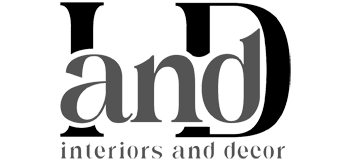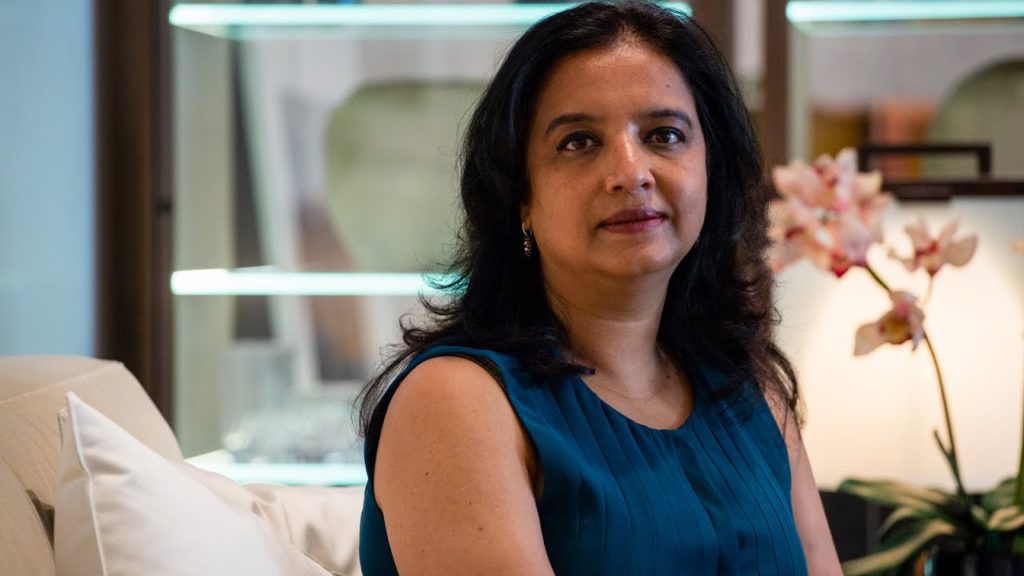Narrate your experience in Architecture Journey till date. What makes your work unique?
We started Morphogenesis in 1996 as a two-person practice working out of a tiny garage, with no certainty of how the future would unravel for us, yet with complete clarity of purpose. We wanted to contribute towards the definition of contemporary Indian architecture and encourage a global discourse around it.
The firm has completed 25 fruitful and rewarding years and we’re now a collaborative of over 150 architects working across three offices in India. Over the years our work has also spread across South Asia and Africa, and the global recognition of our work has cemented my faith in our vision. Today, Morphogenesis sees itself as an institution in perpetuity – a living and thriving ecosystem, a repository of data, information, knowledge, and wisdom. ‘Learning’ is Morphogenesis’ strongest value, and each member of our team learns and contributes towards learning in equal measure.
At Morphogenesis, we feel most strongly about sustainability – sustainability not understood as purely energy, but environmental, socio-cultural, and financial sustainability. We have always looked to the processes in nature, and this has elicited varied architectural responses from us. Therefore, all our designs are unique. Our projects sit within the continuum of regional history and can be viewed as an investigation into sustainability through three pillars – passive design, resource optimization and contextual identity.
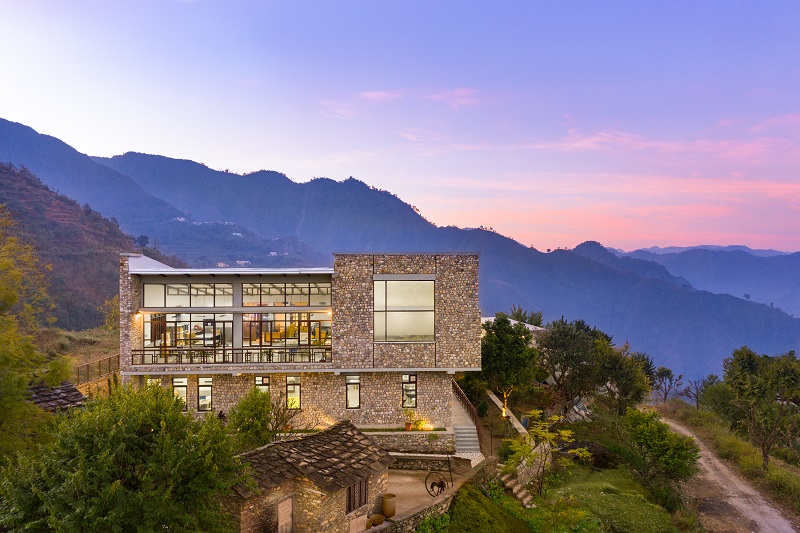
How have the designs evolved over the years – Then and Now?
At Morphogenesis, our core philosophy has not changed but it has evolved, as should everything. The vision stays the same, yet the tools keep evolving. Our experience has added to our thought process and the canvases have grown larger. Our convictions, processes and learnings were collated and resulted in the formulation of Morphogenesis’ copyrighted design process S.O.U.L.© 2019, an acronym for Sustainable, Optimized, Unique and Liveable. These parameters define the enquiry process that shapes the architecture of Morphogenesis.
Sustainability: We design in a manner that reduces consumption of resources and energy, resulting in buildings consuming upto 50% lesser energy than certified green building benchmarks through passive design and microclimate creation, proven through post-occupancy evaluation.
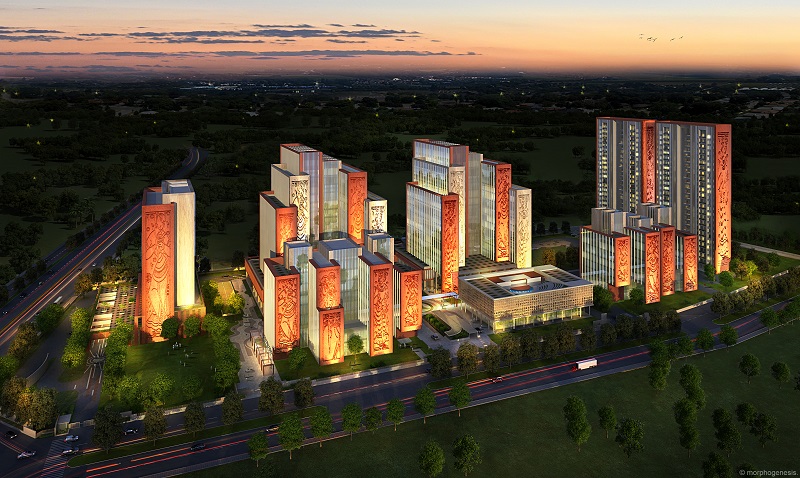
Optimisation: We understand that we are often working in an environment with limited resources hence, we deploy passive strategies by responding to the local climate and ecology and address comfort, safety, liveability parameters and are mindful that projects remain economically viable and globally pertinent. Resource Optimization is achieved through Integrated Project Delivery (for instance, in a large-scale project we tend to design and execute all aspects of the project—in terms of scope—which include, but are not limited to, interior décor, landscape, master planning, etc.). We also break barriers of established cost benchmarks and reduce consumption through design innovation.
Unique: All our projects are unique. Our design responds to client, climate & context, yet is mindful that the project is globally pertinent.
Architecturally we celebrate identity and diversity versus visual homogeneity. We think of our buildings and cities as Bazaars, places of human interaction along with being places for human habitation. This ensures all our projects are exclusive.
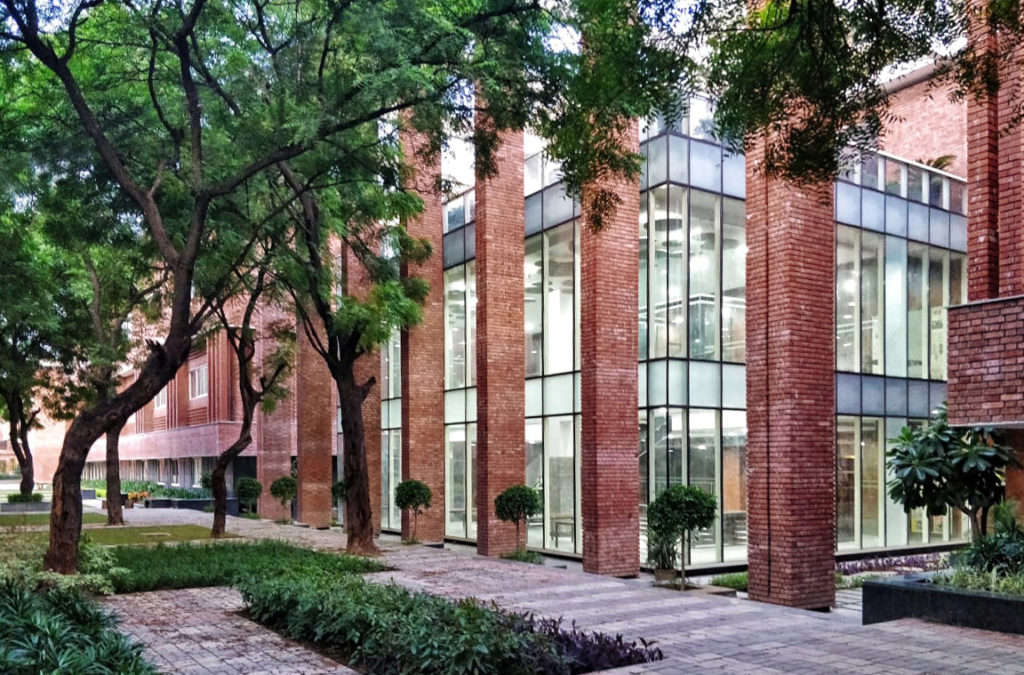
Unique: All our projects are unique. Our design responds to client, climate & context, yet is mindful that the project is globally pertinent.
Architecturally we celebrate identity and diversity versus visual homogeneity. We think of our buildings and cities as Bazaars, places of human interaction along with being places for human habitation. This ensures all our projects are exclusive.
Liveable: The end-user always sits at the centre of our design process in our approach to building smart environments. We consider mobility, security, outdoor comfort, technology, health and well-
being, ease of facility management and disaster readiness to create spaces that work equally well for all users.We consider communities—including the incredible diversity of local artisans and craftsmen—as our collaborators. Socio-cultural sustainability is deeply embedded in the conceptual framework of our design philosophy, and we strive to include the local communities and economies within our idea of growth.
Through the incorporation of local materials, techniques of construction and age-old skills, passed down over generations, our firm has been able to generate employment for native communities across projects.

